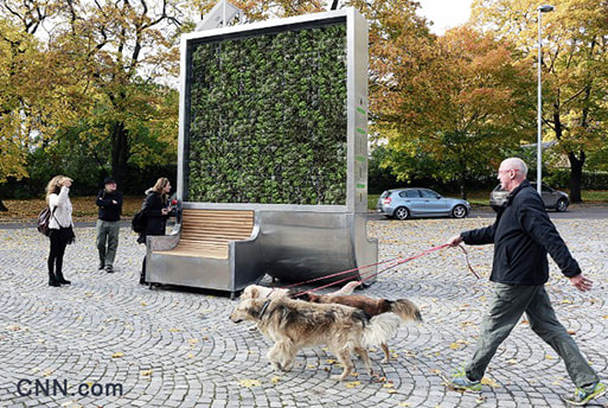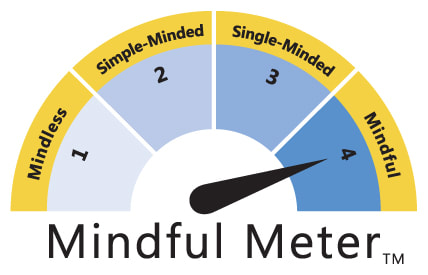It’s tempting to think that what we don’t see can’t hurt us, but that belief couldn’t be more misleading when it comes to air quality. In 2012, over 6.5 million people died from diseases related to air pollution worldwide. That 11.6% of all global deaths, making air pollution “the fourth-largest threat to human health, behind high blood pressure, dietary risks and smoking.” Or, to frame it differently, more people died from air pollution-related diseases in 2012 than died from tuberculosis, HIV/AIDS, and road injuries combined.
We might think those risks belong to others because the air we breathe seems fine, but “more than nine out of 10 of the world’s population – 92% – lives in places where air pollution exceeds safe limits, according to research from the World Health Organization (WHO).” So, air pollution should be everyone’s concern.
One company that has made better breathing its mission is Green City Solutions. The Berlin-based company has developed “The world’s first bio-tech filter to quantifiably improve air quality.” When you think “air filter” you might picture what’s under your car’s hood or in your home’s HVAC system; however, Green City’s “CityTree” filters look more like a piece of lawn than layers of ribbed paper.
Each filter, which is about 3.5 square meters in size (9.84 ft. wide x 13.12 ft. high x 7.19 ft. deep), contains an inner layer of moss that “binds particulate matter, produces oxygen and cools the air.” However, moss’s unique ability to permanently integrate pollution particles into its own biomass comes with a limitation: The low-profile plant needs amble water and shade to survive, which are noticeably missing in many urban areas.
Fortunately, Green City has developed a solution. An outer layer of shade-giving plants protects the moss from direct sun, while an automated water supply keeps the all of the plant-life hydrated. In addition, built-in solar panels provide the energy needed for each CityTree to function, and integrated IoT technology transmits environmental and performance data in real time. In sum, CityTree is a both a natural and intelligent air filter.
As a result, each CityTree can provide “the same environmental benefit 275 actual trees would. It’s able to absorb some 250 grams of particles per day, removing 240 metric tons of carbon dioxide every year.” The key is the moss’s larger leaf structure, which allows the ‘lowly’ plant to absorb more pollutants than any other vegetation.
But, air filtering isn’t the only thing that a CityTree offers. An installation can also include a built-in bench in a variety of woods, offering a pleasing place for people to lounge.
So, what do CityTrees cost? They average about $25,000, installed. That’s considerable cash for an air filter, but they seem to be well-worth the price when one considers the deadly outcomes of air pollution mentioned above and each CityTree's unique purification potential.
Also, the cost can be offset by an optional advertising display. If a city persuades a company to underwrite an installation, that firm can have its name or other promotional message placed tastefully on the giant filter.
However, an important concern is the efficacy of Green City’s post hoc air-cleaning versus more preemptive pollution control. As Gary Fuller, an air effluence expert at King's College London, suggests, there’s no way to route automobile emissions and other urban pollution to CityTrees the way the air in a house is channeled through the home’s AC filter. The best solution, therefore, is to stop pollution before it’s made, rather than trying to capture it after the fact.
Fuller’s point is a good one. By way of analogy, driver-assistance technology that can help avoid car accidents, like a lane departure warning, is more ideal than devices that lessen injury after accidents happen or as they occur. Still, automobile manufacturers shouldn’t stop installing airbags and mounting seatbelts. At least at this point, saving lives in car accidents should continue to be a multipronged, before-and-after approach.
The same is true for pollution control. Until air pollution is no longer produced, it’s important to try to reduce what’s already been made. However modest it may be, that reduction will also save lives.
As of this past June, Green City had installed about 20 CityTrees in many major metropolitan areas around the world, including Brussels, Hong Kong, Oslo, and Paris. The company’s sales success is helping our world breathe a little easier, which deserves to be called “Mindful Marketing.”
Learn more about the Mindful Matrix and Mindful Meter.
Check out Mindful Marketing Ads and Vote your Mind!




 RSS Feed
RSS Feed